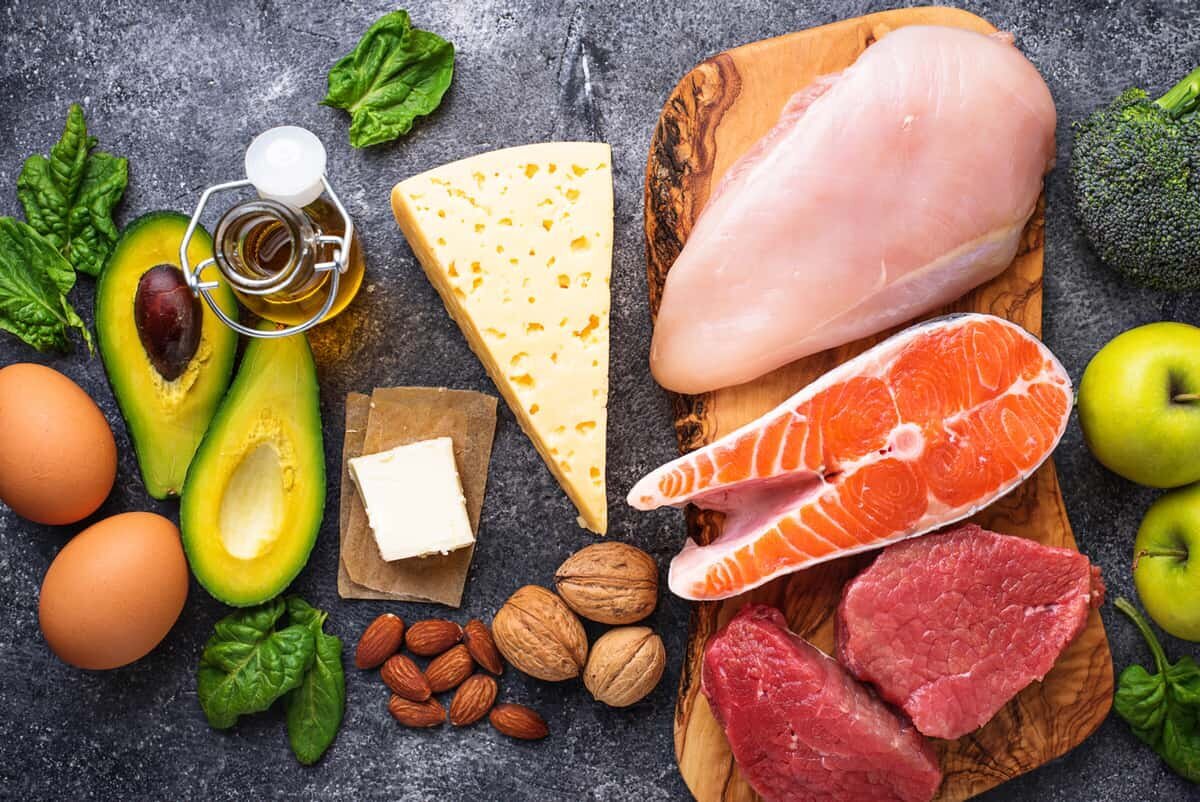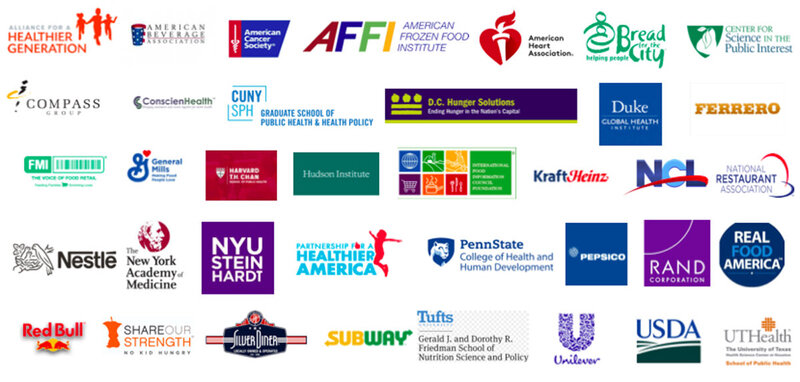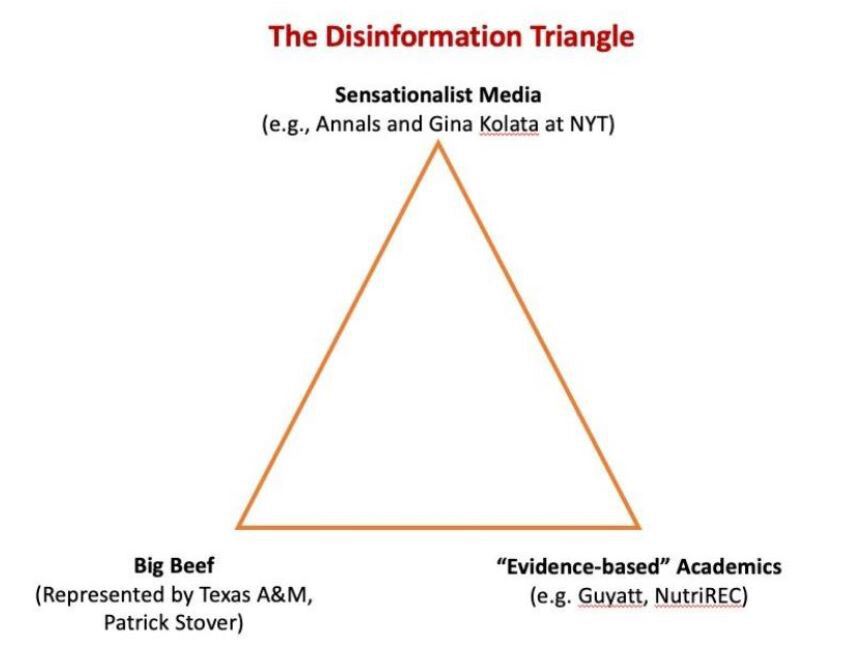Newsletter Update | September 2024 #2
The Nutrition Coalition’s September 2024 newsletter.
Newsletter Update | September 2024 #1
The Nutrition Coalition’s September 2024 newsletter.

Newsletter Update | November 2020
FEATURED
Nutrition Coalition Asks for A Warning Label on next Dietary Guidelines: “For Healthy Americans ONLY.”
BMJ on Former Guidelines' Committee Members Calling For End to Sat Fats Caps
Analysis of 2020 Guidelines Process Finds Science Drawn Mostly from White Populations
Limited Screening! Don't miss seeing this excellent film: Sacred Cow, on how “better meat” can help the environment

Newsletter Update | September 2020
FEATURED
The Dietary Guidelines (DGA) are on track to come out by the end of 2020—what should we expect?
Ken Berry, Maria Emmerich and many others take part in our video campaign showing how people have regained their health by ignoring the Guidelines.
Wisconsin lawmakers wrote a letter to USDA-HHS to address concerns over saturated fat limits in the 2020 DGA.
The Nutrition Coalition submitted its final public comments to USDA regarding the expert report by the 2020 DGA Advisory Committee.
Take Action: Your Voice Can Still Make a Difference!

Newsletter Update | July 2020
FEATURED
TweetStorm to #DelaytheDGA on July 7 led to 5500+ tweets in just a few hours
Another paper rejects low-saturated-fat diet for heart-disease prevention
New book on red meat: Sacred Cow
Take Action: Your Voice Needed! (See Below)

Newsletter Update | June 2020
FEATURED
Update on the final meeting of the Dietary Guidelines Advisory Committee:
Aims to Push Caps on Saturated Fats Even Lower
Has Been Unable to Complete its Work
Unable to Find Low-Carb Studies
New Film, “Fat Fiction” Explains How We Mistakenly Learned to Fear Fat
New Group, Food4Health, Wants a more inclusive Guidelines w/ Sound Science
COVID-19 Shows, all the more, Why Metabolic Health is So Important

Newsletter Update | April 2020
FEATURED
Update on the final meeting of the Dietary Guidelines Advisory Committee:
Aims to Push Caps on Saturated Fats Even Lower
Has Been Unable to Complete its Work
Unable to Find Low-Carb Studies
New Film, “Fat Fiction” Explains How We Mistakenly Learned to Fear Fat
New Group, Food4Health, Wants a more inclusive Guidelines w/ Sound Science
COVID-19 Shows, all the more, Why Metabolic Health is So Important

Newsletter Update | December 2019
FEATURED
USDA Joins Food Industry Behemoths in New Group Focusing on Portion Control
Obesity will affect Nearly Half of All Americans by 2030, says study
New Group Aims to Ensure Low-Carb Diet is in 2020 Dietary Guidelines
New “Sunshine” Database on Nutrition Scientists Includes Members of the Dietary Guidelines Committee
Please Give to the Nutrition Coalition! Our End-of-Year Fundraising Appeal

Newsletter Update | November 2019
FEATURED
2020 Dietary Guidelines Repeating Past Mistakes, Still Lack Scientific Rigor
Top Scientists Say Guidelines' Committee Errs on Saturated Fats
U.S. Rep. Fortenberry Notes that Obesity Epidemic Began with the Guidelines
